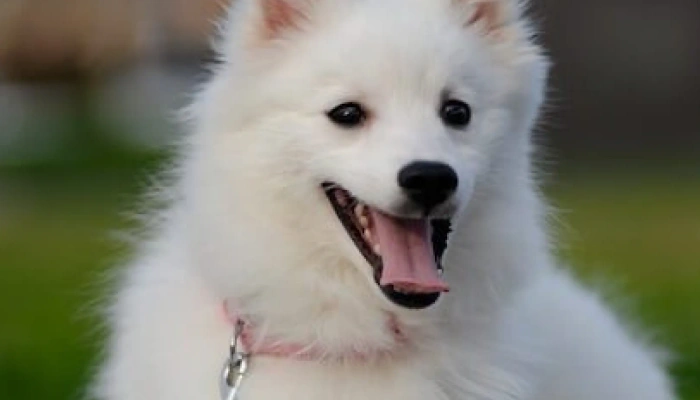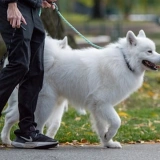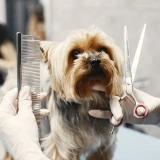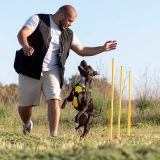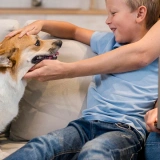The Japanese Spitz is a small-to-medium companion breed developed in Japan during the early 20th century. Often confused with similar breeds like the American Eskimo Dog or Samoyed, the Japanese Spitz stands out for its pure white coat, fox-like expression, and outgoing, affectionate temperament.
These dogs are great family pets – they are cheerful, intelligent, and deeply loyal. They tend to be good with children, easily trainable, and relatively quiet for a spitz-type breed. Despite their fluffy appearance, they are known for being low-maintenance, thanks to a dirt-repellent coat that requires surprisingly little effort to keep clean.
Japanese Spitz love attention and don’t tolerate being left alone for long. They thrive in homes where they are part of daily activities and get consistent social interaction.

